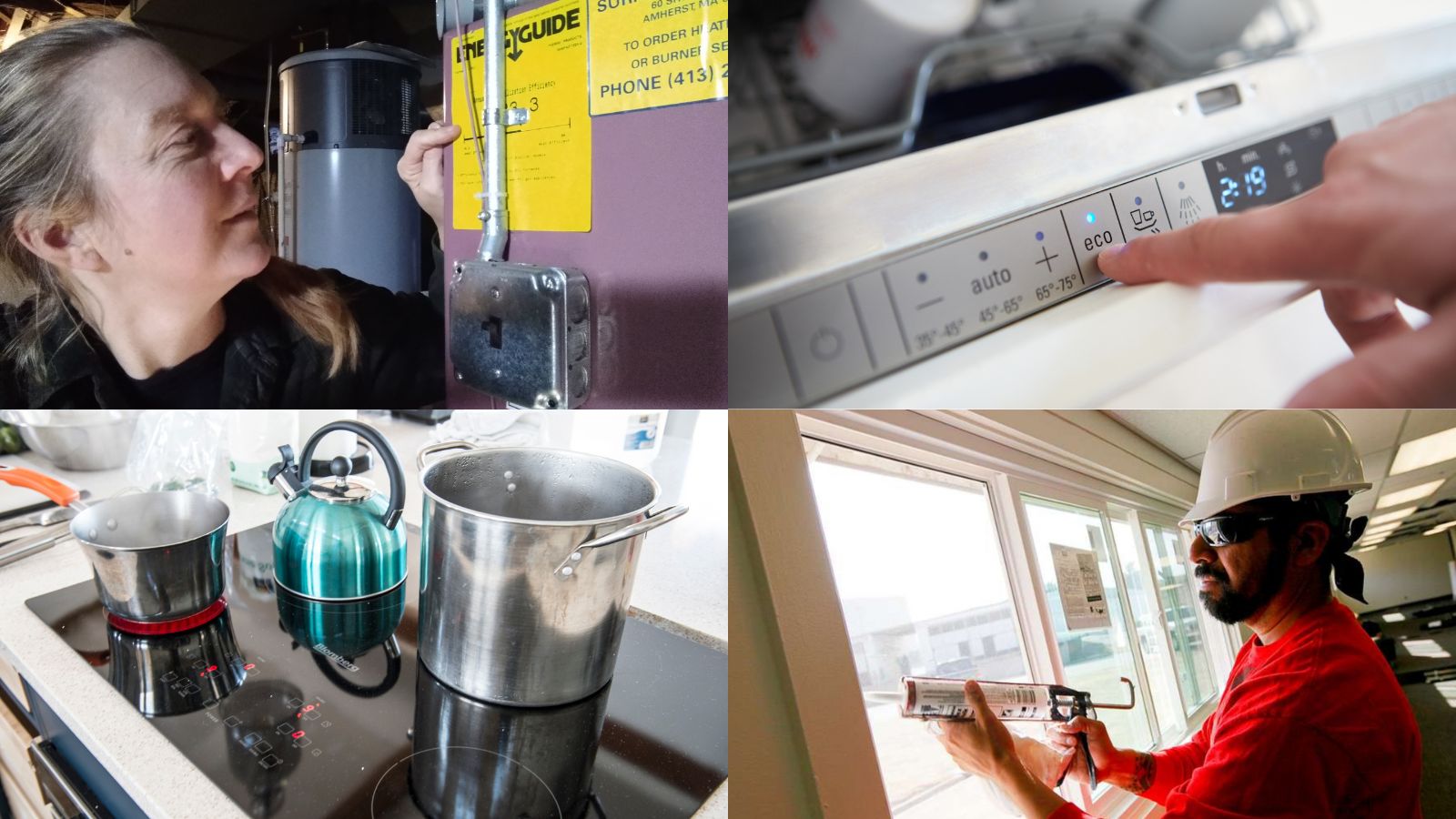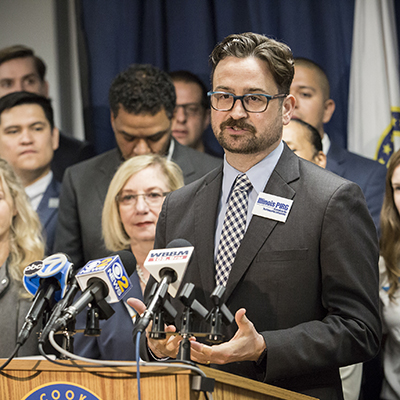
New research: ending utility ability to charge customers for charitable giving unlikely to reduce giving amounts
Illinois PIRG is calling to end the practice wherein utilities can pass the costs of charitable contributions on to their customers. Charity doesn’t mean giving away someone else’s money. One concern we’ve heard is that ComEd and other utilities may be less generous with their charitable contributions if they are not allowed to pass the cost on to consumers. New research shows that is unlikely.
Illinois PIRG, through the Take our Power Back coalition, is calling to end the practice wherein utilities can pass the costs of charitable contributions on to their customers. Charity doesn’t mean giving away someone else’s money.
Gov. Pritzker included this policy in his Consumers and Climate First Act, as does the Clean Energy Jobs Act. Legislators are currently negotiating this and a host of other utility and energy issues as they attempt to pass energy legislation by the May 31st legislative deadline.
One concern we’ve heard from legislators and other stakeholders is that ComEd and other utilities may be less generous with their charitable contributions if they are not allowed to pass the cost on to consumers.
New research shows that is unlikely: we compared ComEd’s charitable giving to other utilities owned by Exelon, ComEd’s parent company, all who operate in states that don’t allow the utilities to pass charitable giving costs on to their customers. Not only did ComEd not give more than its Exelon Utilities peers, it gave among the lowest amount, when accounting for the size of each utility.
Exelon Utilities average charitable giving 2015-2019 compared to average revenue and customer base
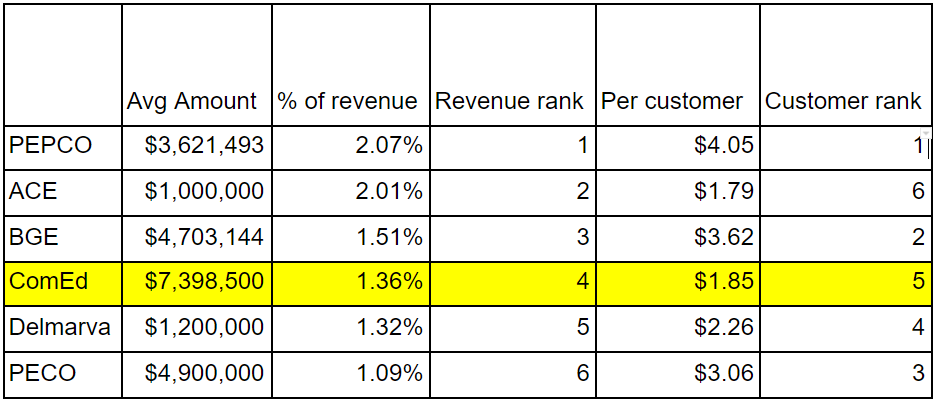
In 2020, ComEd charged its customers more than $7.7 million to cover 100 percent of its charitable contributions. Next year that is expected to jump to $8.7 million. This year, Illinois utilities could make customers pay up to $15 million extra for their charitable giving.
Illinois is one of only four states that allow utilities to charge customers for their charitable giving rather than making charitable contributions out of company profits.1
Illinois was once one of the states that protected customers’ money from this practice. In 1973, the Illinois Supreme Court found monopoly utilities couldn’t consider charitable donations operating expenses for the purposes of ratemaking, calling an Illinois Bell scheme “an involuntary assessment on the utility’s patrons” that would let the utility “dispense largesse at [customers’] expense.”2
However, in 1987, the General Assembly statutorily allowed the practice, directing the ICC to consider charitable donations as operating expenses. This made the “involuntary assessment” legal, with Illinois’ utilities again able to use its customers’ money to make their donations.
Utility charitable donations are as much about goodwill and public relations as about the groups they support. They are one piece of the utilities’ overall influence operation,3 along with political giving, lobbying, and in ComEd’s recent history, a bribery scheme.
There is no reason customers should be forced to pay for a utility’s charitable giving, rather than giving coming out of company profits. In ComEd’s case, the fact that it’s not giving away its own money hasn’t even made it more “generous.”
notes
1. According to research by the Environmental Law and Policy Center, the practice is forbidden entirely in 43 states and the District of Columbia. Three additional states require utilities to split the cost of donations 50/50 between customers and shareholders.
2. Illinois Bell Telephone Co. v. Illinois Commerce Commission, available at https://law.justia.com/cases/illinois/supreme-court/1973/45866-6.html
3. David Anderson et al., Strings Attached: How utilities use charitable giving to influence politics and increase investor profits, Energy and Policy Institute, December 10, 2019
Topics
Authors
Abe Scarr
State Director, Illinois PIRG; Energy and Utilities Program Director, PIRG
Abe Scarr is the director of Illinois PIRG and is the PIRG Energy and Utilities Program Director. He is a lead advocate in the Illinois Capitol and in the media for stronger consumer protections, utility accountability, and good government. In 2017, Abe led a coalition to pass legislation to implement automatic voter registration in Illinois, winning unanimous support in the Illinois General Assembly for the bill. He has co-authored multiple in-depth reports on Illinois utility policy and leads coalition campaigns to reform the Peoples Gas pipe replacement program. As PIRG's Energy and Utilities Program Director, Abe supports PIRG energy and utility campaigns across the country and leads the national Gas Stoves coalition. He also serves as a board member for the Consumer Federation of America. Abe lives in Chicago, where he enjoys biking, cooking and tending his garden.
Find Out More
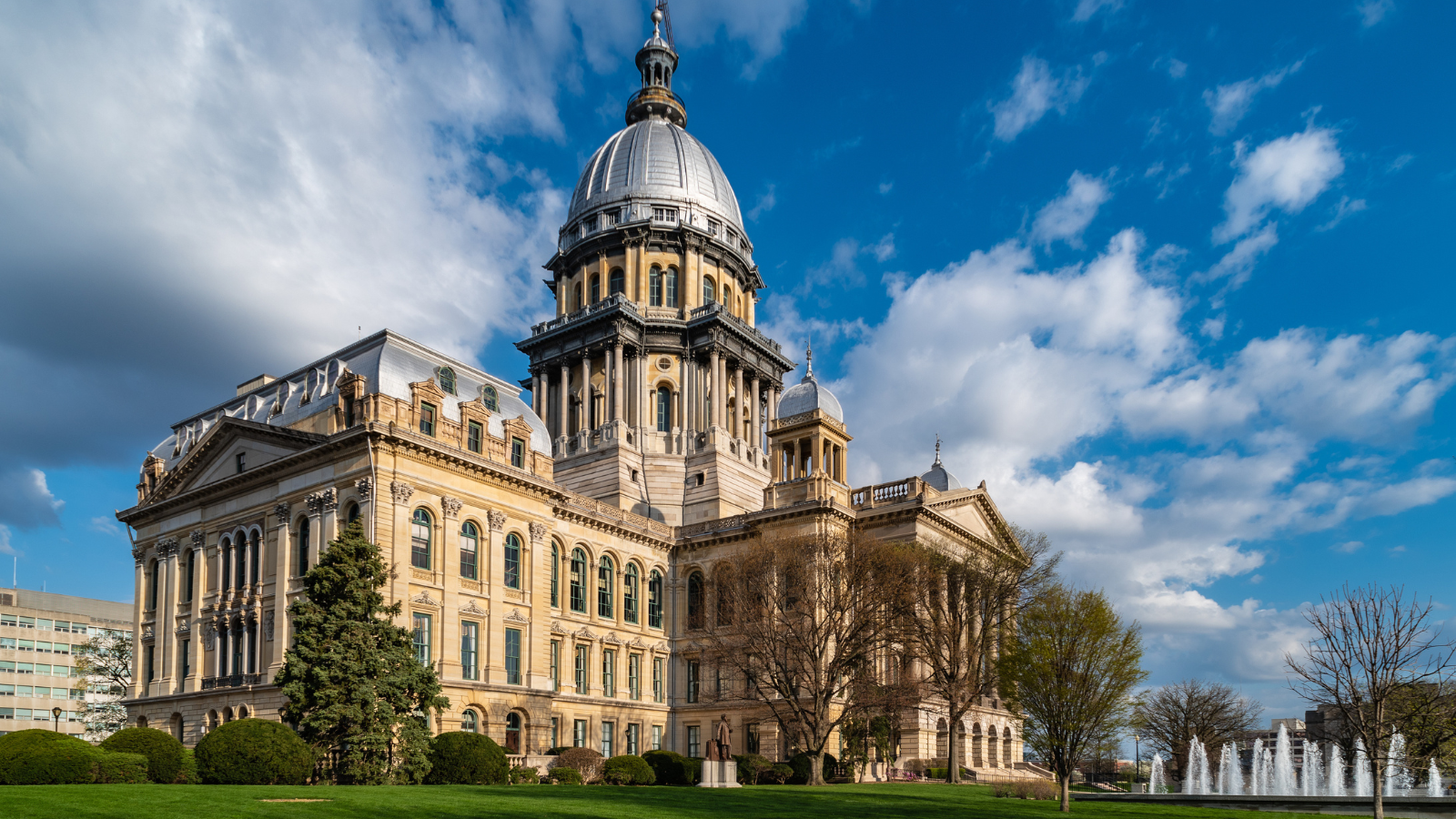
Illinois PIRG 2024 Legislative Agenda
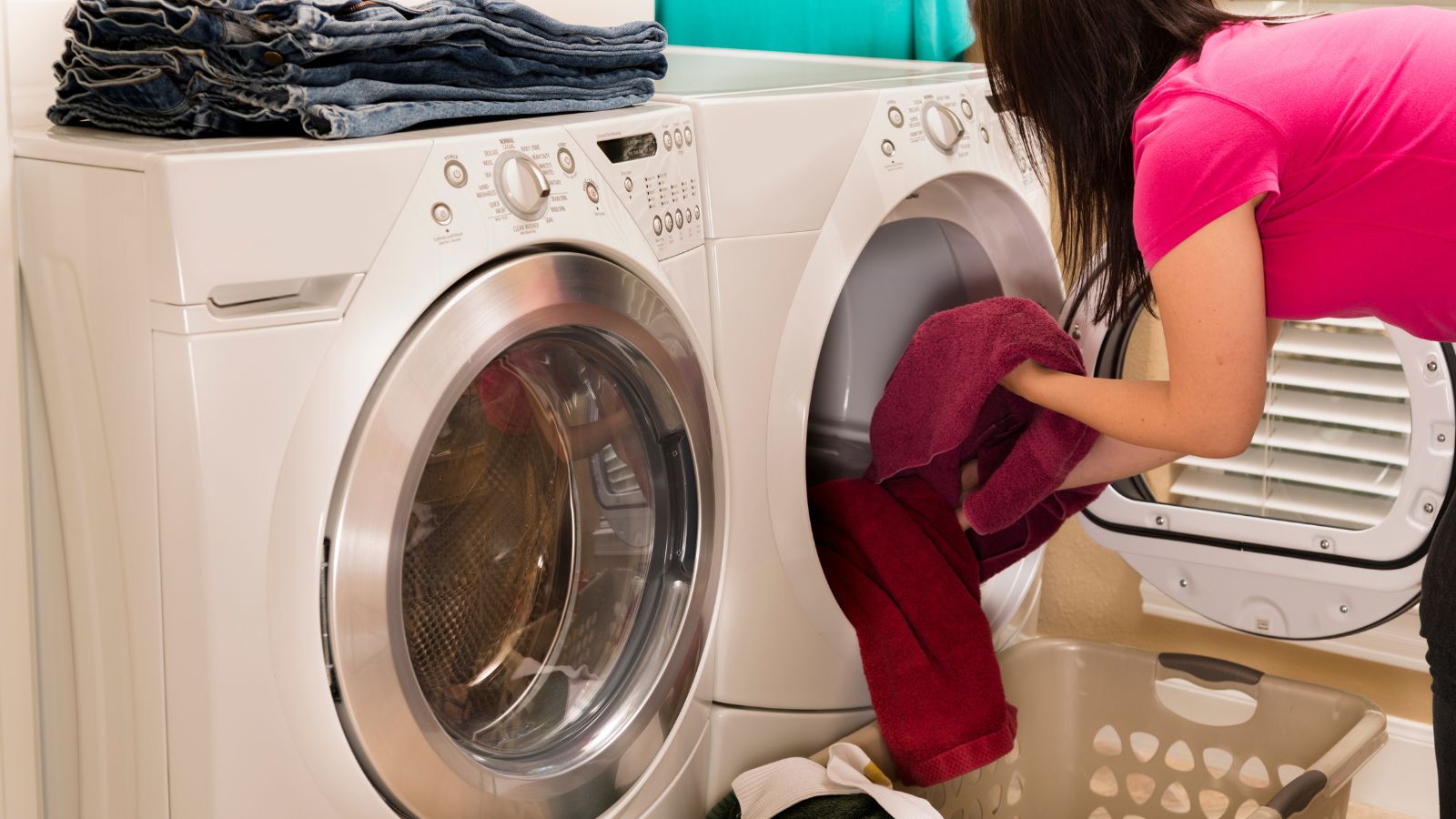
Dry cleaner with an electric clothes dryer
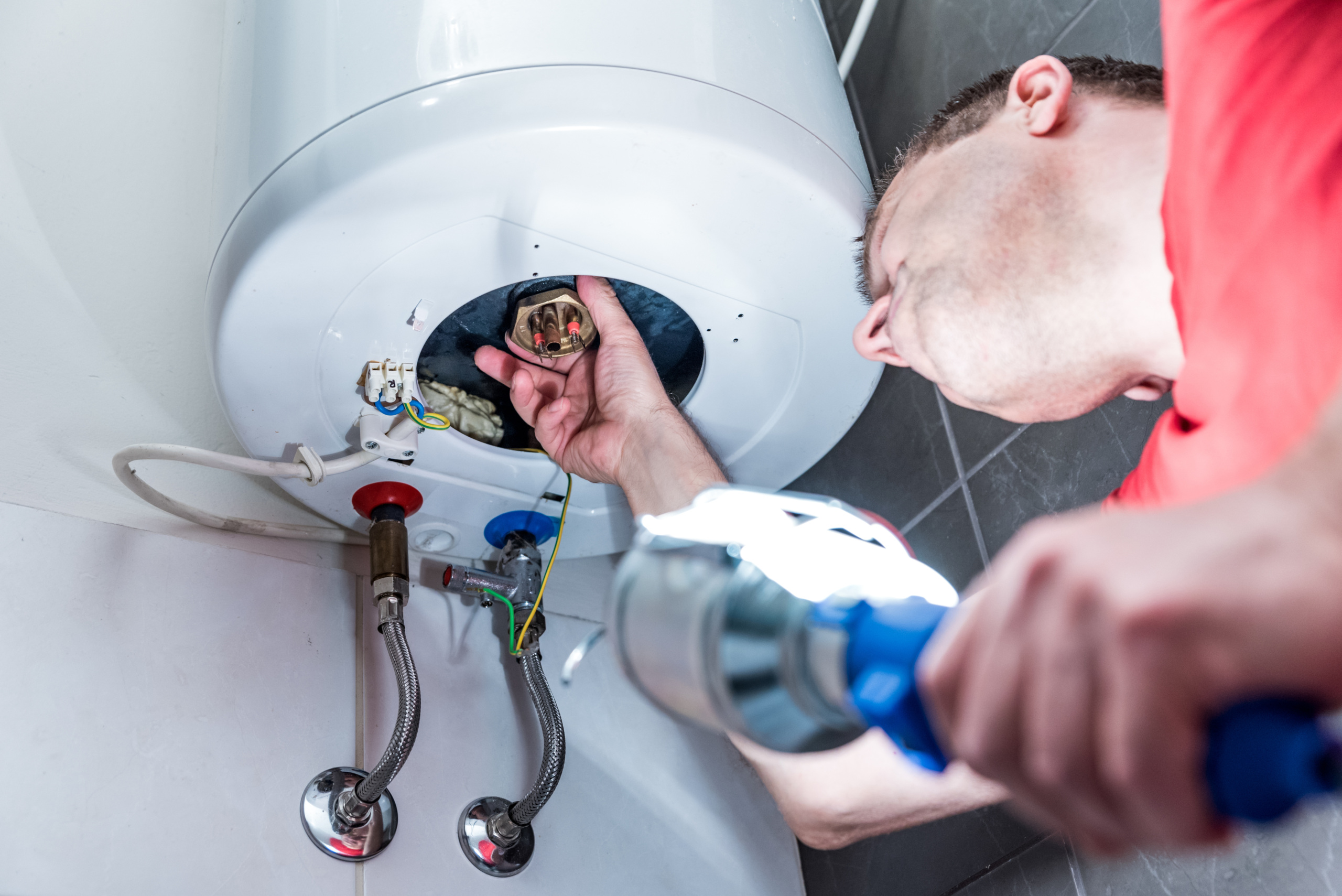
Need to replace your water heater? Consider electric
